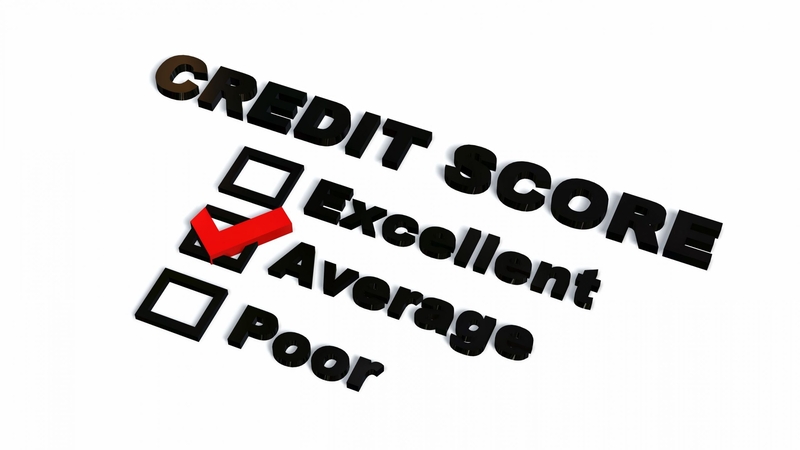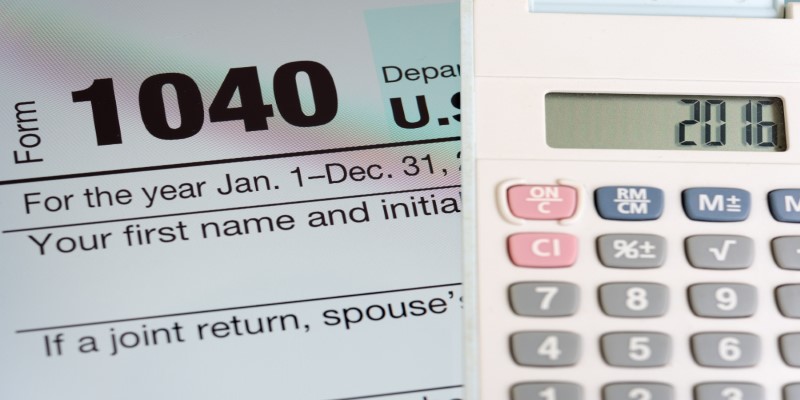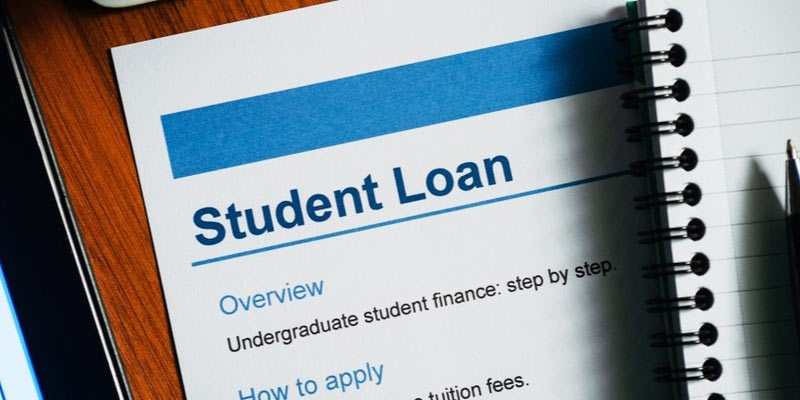Understanding Student Loans on Your Credit Report
Jul 31, 2024 By Rick Novak
In the scope of financial health, it is important to know how student loans appear on your credit report. A credit report is similar to a full history of your financial past. It can determine if you qualify for loans, have the chance to lease an apartment, or even be offered employment. Now, let's discuss student loans on credit reports and what they mean.
1. The Basics of Credit Reporting
To start understanding student loans, you should first comprehend the fundamentals of credit reporting. Credit reports are made by credit bureaus which collect and keep track of your credit accounts, how well you paid back money in the past, any amount still due on these loans or debts as well as inquiries about potential new borrowings. Lenders like banks and also landlords plus possible employers use these records for checking into one's financial responsibility.
Credit reports are crucial in determining your creditworthiness and finding any identity theft or errors. Checking your credit report often can help you find mistakes or fake actions, which lets you fix them quickly.
- Identity Theft: Monitor your credit report regularly to detect any signs of identity theft, such as unfamiliar accounts or inquiries, and report them immediately to the credit bureaus.
- Credit Monitoring Services: Consider enrolling in credit monitoring services offered by reputable companies to receive alerts about any changes or suspicious activity on your credit report.
2. How Student Loans Impact Your Credit Report?
Student loans, just like any other kind of credit, have a big effect on your credit report. They show up as installment loans which means there is an agreed plan for paying back the money over a set period. Every student loan account is shown separately and it gives information about the type of loan, how much you still owe, history of payments made, and current standing (such as current or past due).

Knowing all the delicate details of how student loans influence your credit report is crucial to handling the condition of your financial health. It is not just about affecting your credit score, but also plays a part in deciding if you are qualified for upcoming chances with credit.
- Loan Types: Different types of student loans, such as federal loans, private loans, or refinanced loans, may have varying effects on your credit report, depending on their terms and conditions.
- Credit Mix: Student loans contribute to your credit mix, which reflects the variety of credit accounts you have. A diverse credit mix can positively impact your credit score, showcasing your ability to manage different types of credit responsibly.
3. Payment History and Credit Score
Your payment history is a crucial component of your credit report. Timely payments demonstrate reliability, while missed or late payments can negatively affect your credit score. Student loan payments, whether federal or private, contribute to this aspect of your credit report. Consistent, on-time payments can help boost your credit score over time.
To have a good credit score, it is crucial to maintain a positive history of making payments on time. Late payments, defaults, or delinquencies can greatly harm your credit standing and may require some duration for recovery from these impacts.
- Grace Periods: Some student loans offer a grace period after graduation before repayment begins. Utilize this time wisely to plan for repayment and avoid missing your first payment.
- Automatic Payments: Setting up automatic payments for your student loans can help ensure that you never miss a payment deadline, reducing the risk of negative marks on your credit report.
4. Outstanding Balances and Credit Utilization
The unpaid amounts of your student loans are also part of what shows up in your credit report. If you have high balances compared to the credit limits, it may suggest financial strain and affect the scoring for your credit. So you need to handle student loan balances with care so as not only to help keep a good utilization ratio on credit but also promote general stability in finance matters.
Watch your credit usage ratio to handle your outstanding balances properly. Try to maintain low balances in comparison with the credit limitations, showing good management of credit.
- Credit Limits: Keep track of your credit limits and strive to keep your outstanding balances well below these limits to maintain a healthy credit utilization ratio.
- Paying Down Balances: Regularly making payments towards your student loan balances can help reduce your outstanding debt and improve your credit utilization ratio over time.
5. Loan Status and Creditworthiness
The situation of your student loans shows how much trustworthiness you have in terms of credit. Having a good record with timely payments and keeping accounts open displays that you are financially accountable, and this might help to enhance your creditworthiness for lenders. On the other side, late or failed loans can indicate monetary difficulties which may make it difficult to obtain more credit later on.
For keeping your good credit status and getting easy access to useful credit conditions later on, it's very important to maintain a positive loan situation. If you have problems paying back your loan, talk quickly with the person or company managing it about other possible answers.
- Loan Rehabilitation: If you've defaulted on a student loan, consider loan rehabilitation programs offered by federal loan servicers to restore your loan to good standing and improve your credit report.
- Loan Consolidation: Consolidating multiple student loans into a single loan with a new repayment plan can simplify your payments and potentially improve your credit standing if managed responsibly.
6. Repayment Options and Credit Reporting
As you look into paying back your student loans, it is important to think about the effects on your credit report. Even though putting loans in forbearance or deferment could give some short-term relief, they still might impact your credit situation if not handled cautiously. Talk with the person looking after your loan to know more about how different ways of paying back might influence what appears in a credit report.
Even if you are not required to pay during forbearance or deferment, it's possible that they can still be reported to credit bureaus and appear on your credit report. Thus, make sure to consider how this might impact your credit standing before selecting these alternatives.
- Credit Reporting Policies: Understand your loan servicer's policies regarding credit reporting for forbearance or deferment periods to make informed decisions about your repayment options.
- Alternative Repayment Plans: Investigate alternative repayment plans, such as income-driven repayment options, which may offer more favorable terms without negatively impacting your credit report.
7. Navigating Student Loan Forgiveness Programs

For people who are borrowing money for student loans and looking into forgiveness programs, it is very important to know how these programs will show up in their credit reports. Even though forgiveness can free you from paying back your loan, this process could still impact your credit history. You should talk to a financial expert before choosing any kind of loan forgiveness program, so they can help you understand how it might affect your credit standing.
Student loan forgiveness programs can affect your credit report in different ways, depending on the kind of forgiveness and what the program demands. Knowing these details is important to make smart choices about how you will repay your student loans.
- Tax Implications: Keep in mind that forgiven student loan amounts may be considered taxable income in some cases, potentially impacting your financial situation beyond your credit report. Consult with a tax professional to understand any potential tax liabilities associated with student loan forgiveness.
- Documentation Requirements: Ensure that you meet all documentation and eligibility requirements for the forgiveness program you're pursuing to avoid any delays or complications in the forgiveness process. Providing accurate and complete information can streamline the forgiveness process and minimize any negative impact on your credit report.
Conclusion
In conclusion, student loans have a big part in forming your credit report and general financial health. Knowing how they show up, from payment past to unpaid amounts and loan conditions, is crucial for keeping an optimistic credit profile. If you handle your student loans properly and think carefully about ways to pay them back, you can make sure that your credit status stays good as you work towards both educational goals and financial success.

Form 1040 Made Easy: Your Roadmap to Tax Compliance

Navigating the Wash Sale Rule

Things you should know about short-term car lease

Wedding Budget Breakdown: Tips for Creating a Budget

Initial Mortgage Payment: Understanding the Basics of Payment Schedules

Understanding Average Monthly Household Expenses

10 Tips for Aspiring Commodity Broker

Understanding Student Loans on Your Credit Report

The World of Kids' Allowances: A Parent's Guide to Financial Planning

